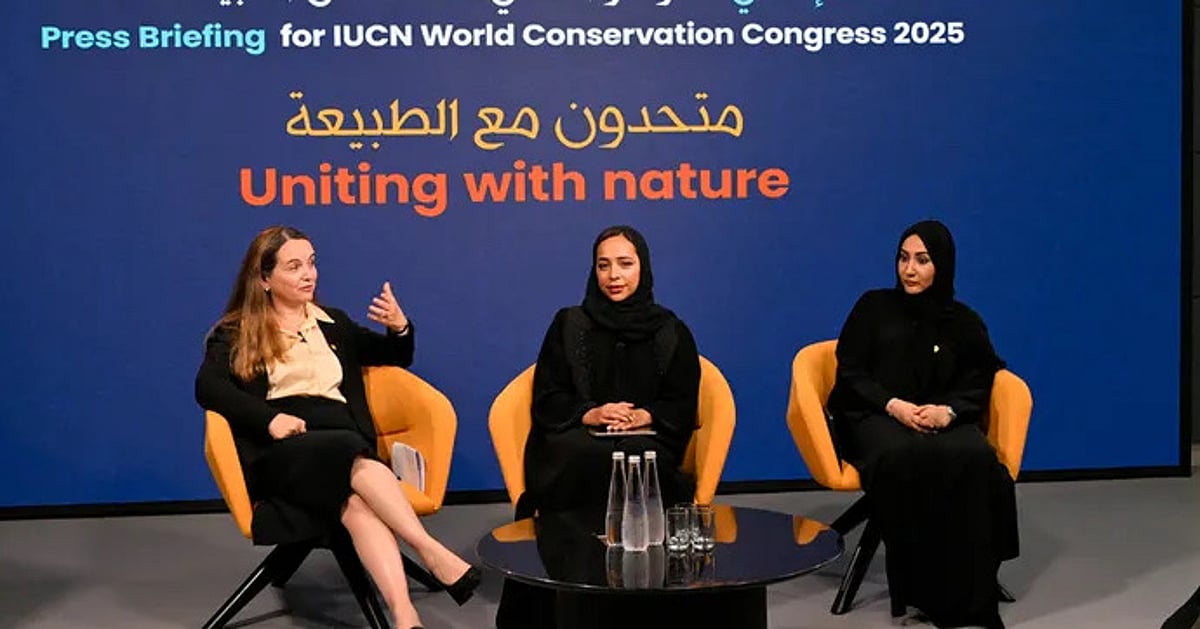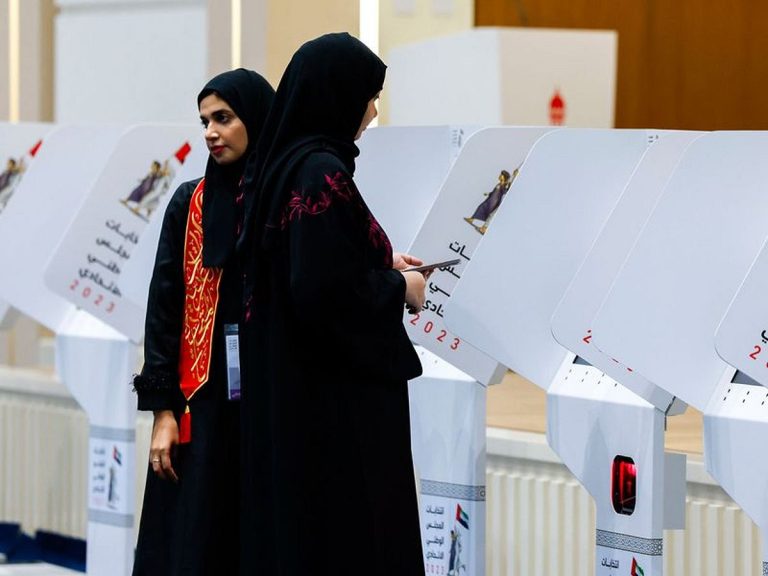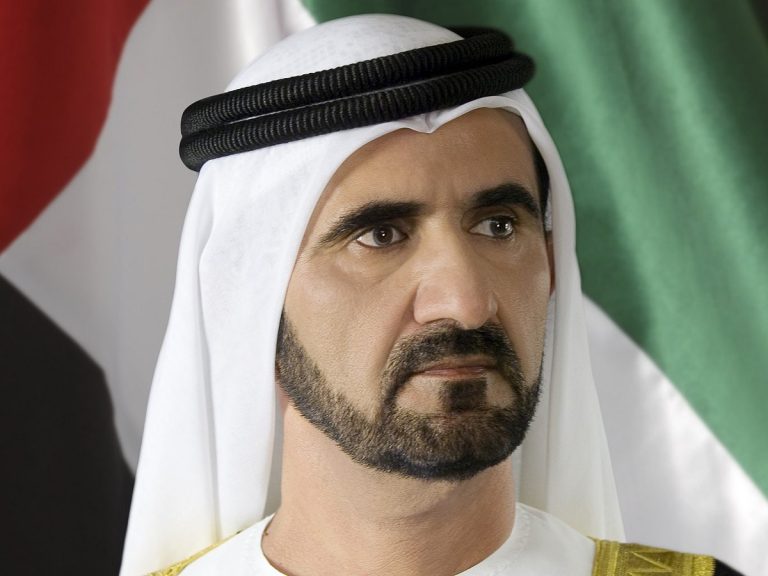Key Outcomes from the 2025 World Conservation Congress
The 2025 World Conservation Congress recently concluded in Abu Dhabi, bringing together over 10,000 participants from 189 countries to address critical environmental challenges. This significant event highlighted innovative solutions and initiatives aimed at promoting sustainability and protecting natural resources. Key outcomes and ambitious projects were unveiled during the closing ceremony, showcasing the commitment of global leaders and experts to environmental conservation.
Highlights of the Conference
The congress featured a diverse array of discussions and presentations focused on pressing environmental issues. Participants included 1,400 members of the International Union for Conservation of Nature (IUCN), who reviewed and voted on more than 200 proposals. The conference served as a platform for launching pioneering projects that aim to enhance biodiversity and environmental protection.
Key Outcomes and Recommendations
Dr. Shaikha Al Dhaheri, Secretary-General of the Environment Agency – Abu Dhabi, emphasized that the conference marked a pivotal moment in the global environmental agenda. She noted that the outcomes and recommendations from the congress would significantly accelerate efforts to protect nature. A major focus was the implementation of the Kunming–Montreal Global Biodiversity Framework, which aims to support ocean protection, promote sustainable food systems, and empower local communities and youth in conservation efforts.
Innovative Projects Launched
Several ambitious projects were announced during the conference, reflecting a commitment to innovation in environmental conservation. Among these was the establishment of a nature-based educational facility, funded with $10 million by Esri. Additionally, the OlmoEarth environmental intelligence platform, the WALD Forest Innovations Platform, and the NatureX Abu Dhabi initiative were launched, with investments exceeding $100 million aimed at advancing technologies for species and habitat conservation.
Other notable initiatives included plans to restore coral reefs and plant 50 million mangrove trees, as well as the creation of transboundary ecological corridors connecting natural areas in Europe and Latin America.
Engaging Youth in Conservation
Recognizing the vital role of youth in environmental action, the conference featured workshops and training programs designed to equip young people with scientific tools for conservation. Emirati youth initiatives were showcased, and efforts were made to integrate environmental awareness into school curricula, transforming educational institutions into green, motivating environments.
International Collaboration for Bird Conservation
Under the patronage of Sheikh Khaled bin Mohamed bin Zayed Al Nahyan, a Memorandum of Understanding (MoU) was signed between the Environment Agency – Abu Dhabi and the Japanese company INPEX–JODCO. This partnership aims to enhance conservation efforts for birds of prey and foster scientific and cultural cooperation between the UAE and Japan.
The MoU builds on a successful pilot project conducted in Japan and will expand initiatives to protect falcons and other raptors through joint research, habitat protection, and educational programs. Dr. Shaikha Salem Al Dhaheri and Hiroshi Fuji, Director of INPEX–JODCO, signed the agreement, which symbolizes a new phase of collaboration in addressing global biodiversity challenges.
Cultural Significance of Falconry
The partnership also emphasizes the cultural significance of falconry in Emirati heritage, recognized by UNESCO as part of the Intangible Cultural Heritage of Humanity. The collaboration will highlight Japan’s appreciation for nature and its harmony, further enriching the cultural exchange between the two nations.
Ongoing Commitment to Conservation
The Environment Agency – Abu Dhabi has made significant strides in wildlife conservation, notably through the Sheikh Zayed Falcon Release Program, which has successfully reintroduced 2,355 saker and peregrine falcons into the wild. This program exemplifies Abu Dhabi’s leadership in biodiversity protection and environmental sustainability.
Under the MoU, both organizations will develop research and conservation programs for birds of prey in the UAE and Japan. This includes installing artificial nests equipped with monitoring cameras in Japan to study breeding behavior and habitat use patterns. The Abu Dhabi Falcon Hospital will also contribute its expertise in avian medicine to support the rehabilitation of raptors.
FAQs
What was the main focus of the 2025 World Conservation Congress?
The congress focused on addressing critical global environmental issues, showcasing innovative solutions, and launching ambitious projects aimed at enhancing sustainability and protecting natural resources.
How many countries participated in the conference?
The conference saw participation from over 189 countries, with more than 10,000 experts and representatives attending.
What are some key initiatives launched during the congress?
Key initiatives included the establishment of a nature-based educational facility, the OlmoEarth environmental intelligence platform, and plans to restore coral reefs and plant 50 million mangrove trees.
Conclusion
The 2025 World Conservation Congress in Abu Dhabi successfully brought together global leaders to address pressing environmental challenges and launch innovative projects. The outcomes and partnerships formed during the event will play a crucial role in advancing sustainability and biodiversity conservation efforts worldwide. Moving forward, the focus will be on implementing the recommendations and fostering collaboration among nations to protect our planet’s natural resources.
Also Read:
UAE and Japan Partner for Bird Conservation Efforts
UAE and Microsoft Launch AI Skills Training for 100,000 Work
Abu Dhabi Expands Nature Reserves for Biodiversity Protectio






